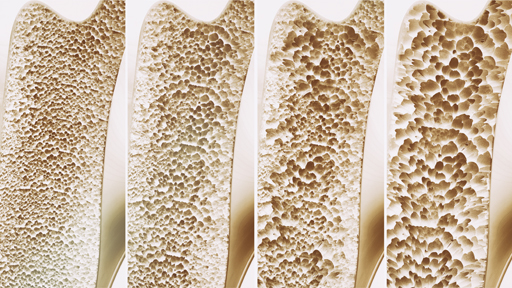Bisphosphonates for treating osteoporosis

A NICE technical appraisal has established at what level of absolute fracture risk bisphosphonates are cost-effective for treating people with osteoporosis and has made recommendations on alendronic acid, ibandronic acid, risedronate sodium and zoledronic acid. A new meta-analysis confirms that bisphosphonates are more effective at reducing the risk of fracture than placebo.
Oral and intravenous bisphosphonates are both cost-effective, with the oral form recommended for people with at least a 1 per cent risk of osteoporotic fragility fracture and intravenous for those with at least a 10 per cent risk.
Parkinson’s disease
A NICE quality standard for the management of Parkinson’s disease in adults describes the priority areas for improvement in care. Five quality statements include patients having point of contact with specialists and those taking dopaminergic therapy to be given information about the risk of impulse control disorders when starting treatment and at least annually.
Referrals to healthcare professionals must be made where problems occur with everyday living and patients taking levodopa in hospital or care homes are to take this medicine within 30 minutes of their individually prescribed administration time. Access to clozapine and patient monitoring for treating hallucinations and delusions should be provided.
OTC developments in 2018
- In April, OTC sildenafil for the treatment of erectile dysfunction in men aged 18 years and over became available from pharmacies. Sales reached £4.3m in the first 12 weeks.
- The MHRA reminded pharmacists that some head lice eradication products are combustible/flammable when on the hair and can ignite causing serious harm. The MHRA received reports of serious burns associated with Hedrin 4% cutaneous solution and other products where the patient smoked during treatment or came into contact with a naked flame. Not smoking around treated hair and keeping away from open flames or other sources of ignition until the hair is washed is essential.
- Pharmacists were also reminded to remember herbal medicines when thinking about Yellow Card reports as this has led to Drug Safety Updates regarding St John’s Wort interacting and affecting the efficacy of hormonal contraceptives. When submitting a Yellow Card for herbal medicines, it is important that extra details are provided, such as the brand name, ingredients, package/labelling and manufacturer’s details.
